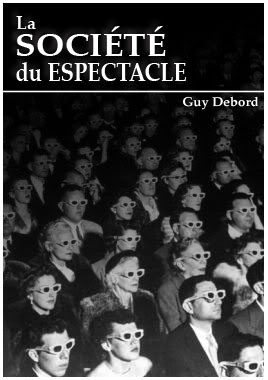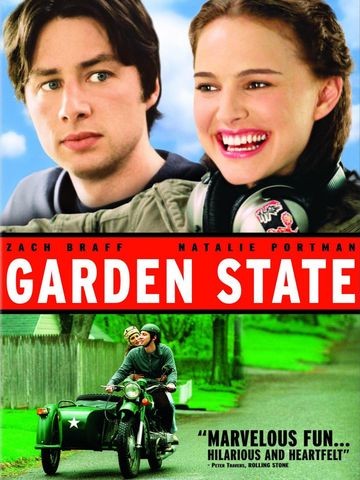Revolutionary Art

I’m curious why some communication gets branded “cheesy” or “clichéd”. I plan to embark on a short series of essays exploring art and communication. Since I recognize the mammoth nature of this plan, I’ll try to restrict myself to this purpose:
What makes artistic communication useful?
Let’s quickly define some terms. If communication is the exchange of information between humans, whether via language or imagery, then artistic communication is just the same, only we’ve all agreed to think a little harder about what we’re experiencing. Notice I don’t want to overspecify “art”.
Of course, even after you accept my off-the-cuff definition of “artistic communication”, the word “useful” turns out to do a lot of work in the sentence above. I recognize that we all have different goals in life, so we may disagree about the usefulness of anything, let alone art in particular. But since I’m a revolutionary and a humanist, and since everything is political to a revolutionary humanist, my political perspective must necessarily inform my goals and thus my definitions. For the purposes of this essay, then, useful means “towards a more equitable and just society”.
With that out of the way, we arrive at a more specific statement, one which I hope to dive into and prove to you in the following essays:
IF you care to live in a more equitable society, AND you make and use art to approach that goal, THEN that art must bridge the traditions of the past with the utopia of the future while defying categorization in the present.

Romcoms I have a plan for the rest of the series. I’ll start by bringing up a few specific cultural touchpoints in order to help cement our shared understanding of the terms above. I’ll define some terms a little more clearly and make a point or two about what why the question of art is important in the first place. We can call this essay “Garden State (2004) is a Bad Movie”. Homework: watch Garden State and read this recent Chabon essay.
And now you can click here for part 1.
Music After that I want to do a deep dive into music, and specifically, Cumbia and Reggaeton. I’m curious about the difference between their beats and why it affects my experience of the music so deeply. I’ll use this exploration to talk about tradition in culture, how art evolves with the times, and where cheesiness goes rancid. Maybe we’ll title this one “Cumbia vs Reggaeton - how one drumbeat can change everything” (Narrator: “He didn’t”). Hopefully I’ll be able to embed some youtube videos in here and make this a multimedia adventure. Homework: listen to your favorite music with an ear to its roots.
Philosophy Then I’ll zoom back a bit and talk about Guy Debord’s Society of the Spectacle, which I’ll probably get completely wrong but this is a series of personal blog posts anyway so what can you do. Some of the ideas in the contemporary interpretation of Debord’s philosophies pretty directly influence my thesis statement above, so hopefully this will help more than it’ll confuse. We’ll call it “Stupid Internet”, and if all goes as planned this essay will do the heavy lifting in supporting my main point about bridging the past and the future while defying the present. Homework: read Society of the Spectacle and Walter Benjamin’s The Work of Art in the Age of Mechanical Reproduction

Dad Jokes Then we can conclude by getting deep into dad jokes. I’m not (yet) a dad but I do love the kind of humor that we attribute to dads, and I only plan to increase the frequency of my dad jokes as I get older. What makes cheesiness enjoyable sometimes? Can dad jokes be revolutionary? Actually let’s just give this essay “Can Dad Jokes be Revolutionary?” as a working title. A good dad joke knows its audience and pokes fun at itself, and I think those two things, while seemingly trivial in this context, go a long way towards accomplishing our goals. Homework: ask your dad or a father figure what dad jokes mean to them.
That’s all I’ve planned so far; we’ll have to see how close we stick to the plan. For now I’ll just sign off, with irony and optimism, Eli.